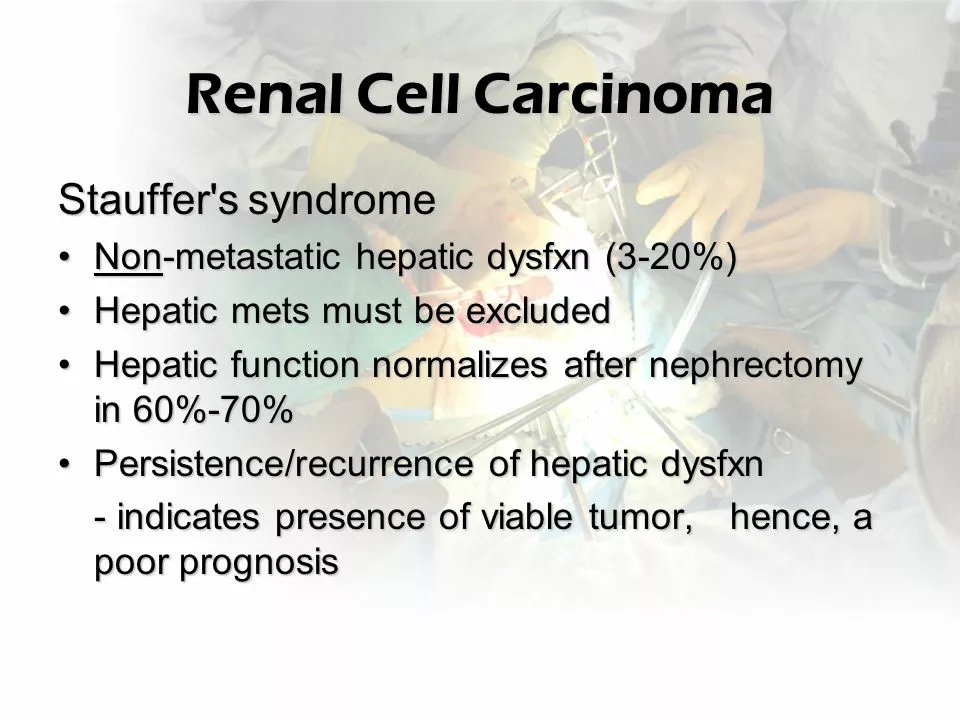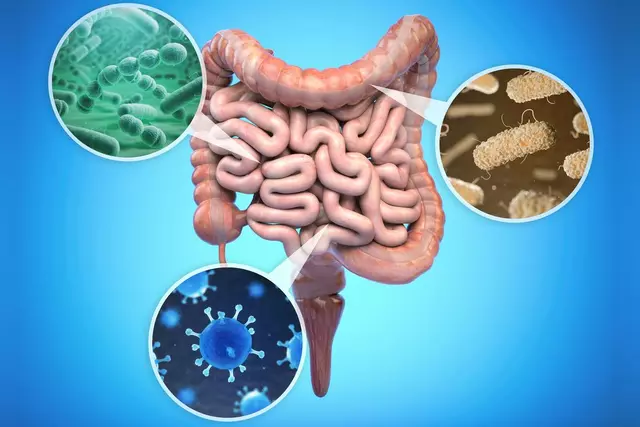Advanced Renal Cell Carcinoma – What You Need to Know
If you or someone you know has been told they have advanced renal cell carcinoma (RCC), the first reaction is often a mix of fear and confusion. Advanced RCC means the cancer has spread beyond the kidney, usually to lungs, bones or other organs. Knowing this helps you focus on what can be done now rather than getting stuck on the label.
The good news is that treatment has come a long way in recent years. New drugs target the blood vessels tumors need to grow, and immunotherapy wakes up your own immune system to attack cancer cells. Together they give many patients more time and a better quality of life compared with older chemotherapy‑only plans.
Treatment Options in 2025
First‑line therapy for most advanced RCC cases now starts with a combination of an immune checkpoint inhibitor (like pembrolizumab or nivolumab) plus a VEGF‑targeted drug (such as axitinib or cabozantinib). This combo attacks the tumor from two angles and has shown longer survival in trials.
If the first combo stops working, doctors can switch to other immunotherapy combos or move to newer agents like lenvatinib + everolimus. Clinical trials are also an option – many centers run studies on fresh drugs that might be more effective for specific genetic profiles of your tumor.
Radiation isn’t a cure, but it can shrink painful spots in bone or brain and improve comfort. Surgery still plays a role if only a few metastases remain and they’re reachable; removing them can sometimes reset the disease for a while.
Lifestyle Tips & Managing Side Effects
Side effects vary, but fatigue, high blood pressure, skin rash and stomach upset are common. Keep a simple log of what you feel each day – it makes conversations with your oncologist clear and fast.
Blood‑pressure meds often become necessary when you’re on VEGF blockers; regular checks at home or the clinic keep numbers in range. Eating a balanced diet rich in protein helps counter muscle loss from fatigue, while staying hydrated eases kidney strain.
Exercise doesn’t have to be intense – a short walk three times a week can boost energy and mood. If you’re dealing with bone pain, low‑impact activities like swimming or cycling are safer than running.
Don’t forget mental health. Talking to a counselor, joining an online RCC community, or simply sharing worries with friends can cut the feeling of isolation that many patients describe.
Finally, keep all your medical records organized: scan reports, lab results and medication lists in one folder (paper or digital). When you see a new specialist, they’ll have everything they need to make quick decisions.
Advanced renal cell carcinoma is tough, but with modern drug combos, supportive care and everyday habits that protect your body, many people find ways to stay active and hopeful. Stay informed, ask questions, and lean on the resources around you – they’re there to help you navigate this journey.
The Benefits of Support Groups for Advanced Renal Cell Carcinoma Patients
As a blogger, I've recently researched the benefits of support groups for advanced renal cell carcinoma patients. I found that these groups offer emotional support, practical advice, and a sense of community. Members can share their experiences, coping strategies, and provide hope to one another during difficult times. Moreover, being part of a support group can help reduce feelings of isolation and enhance overall quality of life. So, if you or someone you know is battling advanced renal cell carcinoma, I highly recommend seeking out a support group to help navigate this challenging journey.






